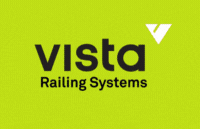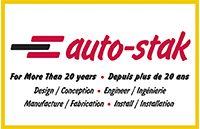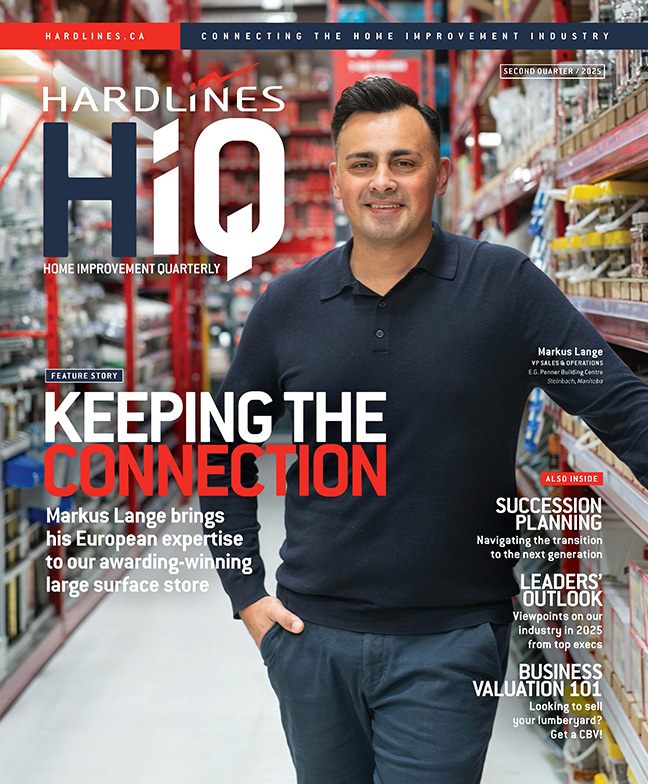 Joel Seibert started out trying to make his business more competitive. He ended up creating a strategy to make his workplace a more effective selling environment for his staff. And once he’d figured out the secret sauce, he wanted to share it with other dealers. So he presented it in a seminar called “It’s Time to Get Your Sales Team Excited to Sell” at the Western Retail Lumber Association’s Building and Hardware Showcase, held in Winnipeg on Jan. 19 and 20.
Joel Seibert started out trying to make his business more competitive. He ended up creating a strategy to make his workplace a more effective selling environment for his staff. And once he’d figured out the secret sauce, he wanted to share it with other dealers. So he presented it in a seminar called “It’s Time to Get Your Sales Team Excited to Sell” at the Western Retail Lumber Association’s Building and Hardware Showcase, held in Winnipeg on Jan. 19 and 20.
As owner of Mountain View Building Materials, Seibert is also the lead on business development for the company’s two stores in Calgary and Kelowna. The challenge, he said, is getting people interested in making money in the home improvement industry, “which meant getting new people to our industry excited about selling things that are unexciting!”
He broke his approach down into three steps. The first involves understanding and identifying the people who make your sales team—and making sure you can properly support and reward them according to their values.
Second, it’s important to provide transparency and clarity on how their contributions add to the business. He said clarity is essential to define the contribution of each player on the team. Clear job descriptions and expectations result in “clear boundaries, which encourage free thinking in the middle” and can foster creative solutions among team members.
Third is the issue of reward. It’s not a cookie-cutter process, Seibert said. It’s based on the values of each salesperson. He identified his workers by demographic, and in turn by the expectations each group represents. For example, those 50 and older have lots of experience, while the 20 to 30 group has limited experience. More broadly, sales staff who fall into the 25-to- 50 range with transferable skills often end up looking for a career change.
Understanding the expectations and values of each group helps make rewards more meaningful. For example, Seibert said, these could involve more vacation days, donations to causes they believe in or non-taxable perks such as gift cards or fuel cards. It can be as simple as welcoming dogs into the workplace.
“You have to be able to ask them, ‘What do you need from us to succeed this week?’ This reinforces their accountability and how we support them.” And, he added, it helps you, as an owner or manager, to guide them to think about selling better.
Focusing on the divergent needs of your staff helps you identify their goals and tie them in with your own. And guess what? It has made Seibert’s business more competitive.




































